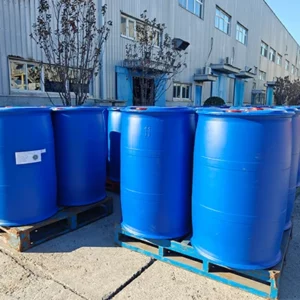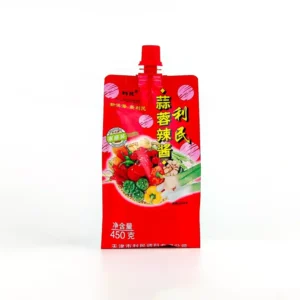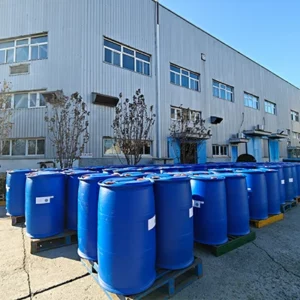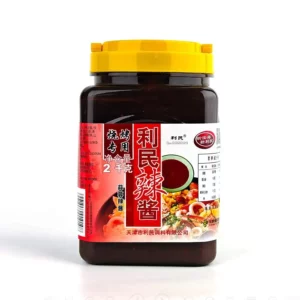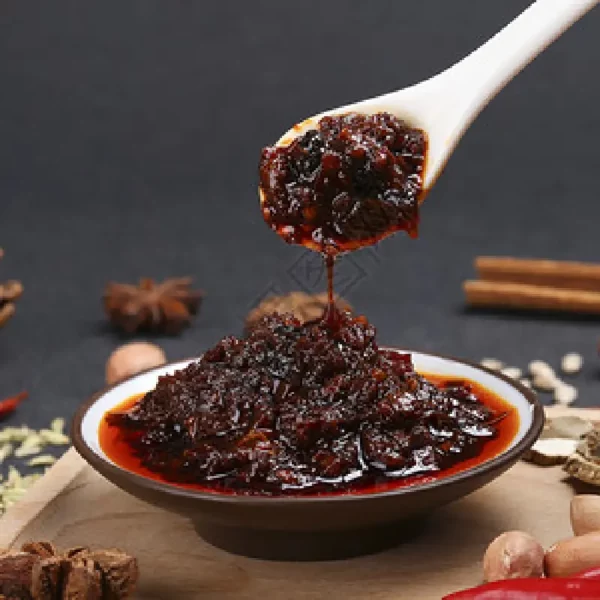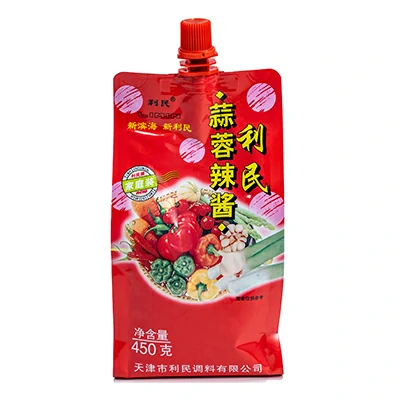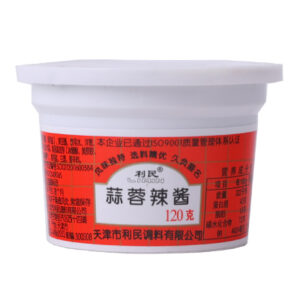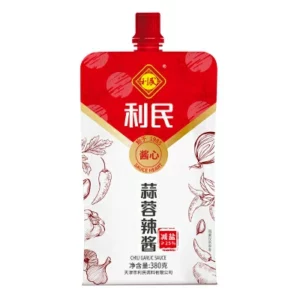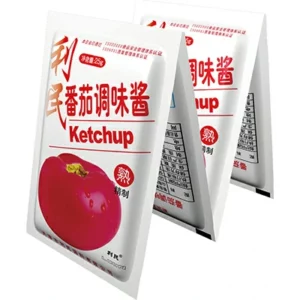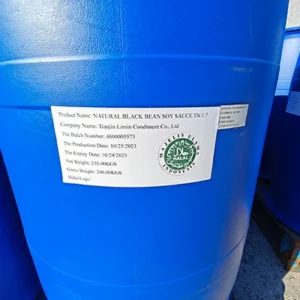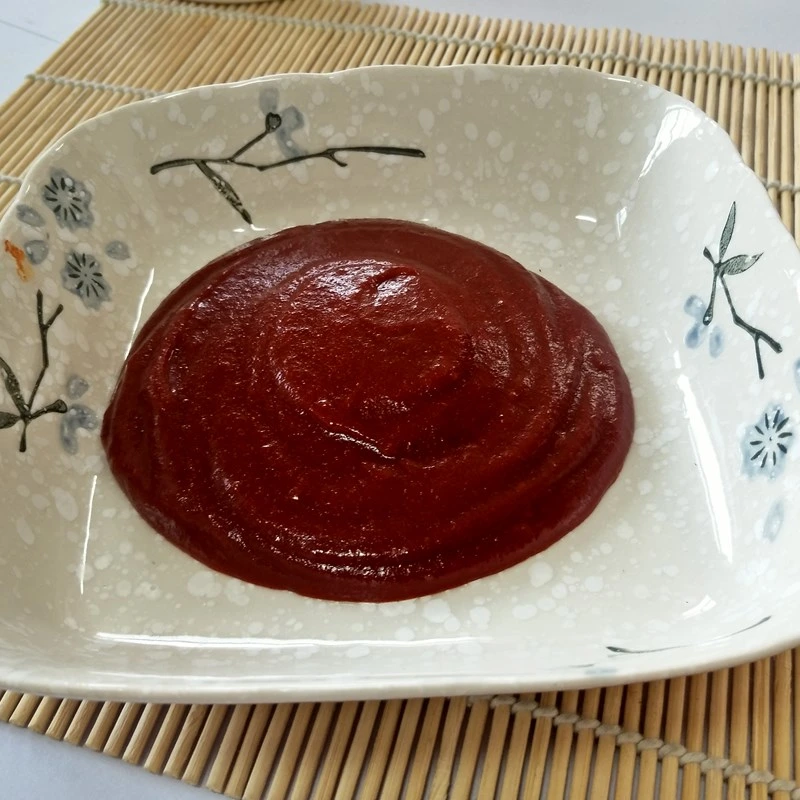je suis saule, a versatile and flavorful condiment, has been a staple in Asian cuisine for centuries. It is produced by fermenting soybeans and wheat, resulting in a rich, salé, and umami-packed sauce that enhances the taste of various dishes. Cependant, there has been some debate regarding the health implications of soy sauce consumption. In this comprehensive guide, we delve into the world of soy sauce, exploring its nutritional value, potential health benefits and risks, and factors to consider when incorporating it into your diet. As a reputed condiments manufacturer and supplier, LIMIN takes pride in delivering sauce soja fraîche and a wide range of high-quality seasonings to enhance your culinary creations.
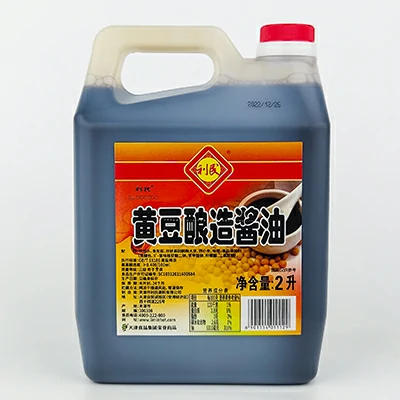
Exploring Premium Dark Soy Sauce
Notre sauce soja noire de première qualité is crafted using traditional methods and carefully selected ingredients. It is aged for an extended period, resulting in a deep, rich flavor and a dark, glossy appearance. Our dark soy sauce adds a touch of sophistication and umami to your dishes, making it an ideal choice for marinades, stir-fries and dipping sauces.
Is Soy Sauce Good or Bad?
The answer to this question is not straightforward, as the health effects of soy sauce may vary depending on individual circumstances and consumption patterns. Let’s examine both the potential benefits and risks associated with soy sauce consumption:
Potential Health Benefits:
- Source of Essential Nutrients: Soy sauce contains various essential nutrients, including protein, fer, magnesium, and potassium.
- Antioxidant Properties: Soy sauce contains antioxidants that may help protect cells from damage and reduce the risk of chronic diseases.
- Reduced Risk of Heart Disease: Some studies suggest that moderate soy sauce consumption may be associated with a lower risk of heart disease due to its potential to lower cholesterol and blood pressure.
- Improved Digestion: Soy sauce contains probiotics, which are beneficial bacteria that can aid in digestion and promote gut health.
Potential Health Risks:
- High Sodium Content: Soy sauce is known for its high sodium content, which can contribute to high blood pressure and other health issues in individuals who are sensitive to salt.
- Allergic Reactions: Some individuals may be allergic to soy or wheat, which are the main ingredients in soy sauce.
- Interaction with Medications: Soy sauce may interact with certain medications, such as blood thinners and anticoagulants.
Factors to Consider:
- Moderation is Key: As with any food, consuming soy sauce in moderation is essential. Excessive consumption can lead to negative health effects.
- Choose Low-Sodium Options: Opt for reduced-sodium or low-sodium soy sauce to minimize the sodium intake.
- Be Aware of Allergies: If you have a soy or wheat allergy, avoid soy sauce or choose gluten-free soy sauce alternatives.
- Consult a Healthcare Professional: If you have any concerns about soy sauce consumption, consult with a healthcare professional for personalized advice.



